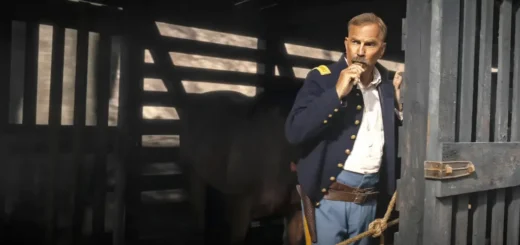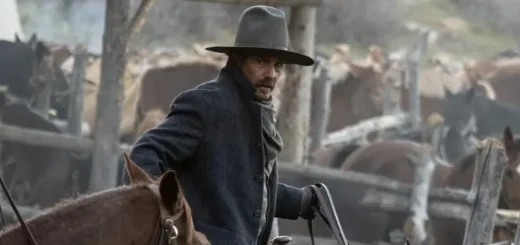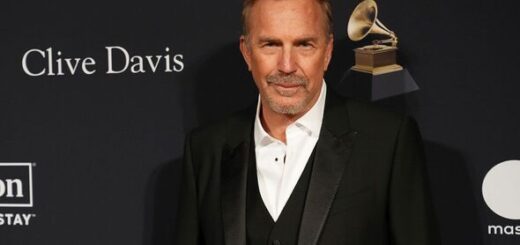“Kevin Costner Reflects on Wanting to Be a Better Actor in One of His Movies”
At the beginning of 1987, Kevin Costner was still largely known for his role as the cocky gunslinger Jake in Lawrence Kasdan’s 1985 Western, Silverado. This part was a bit of a make-good from Kasdan, who had originally cast Costner in The Big Chill before ultimately cutting him from the film. The decision was based on test audiences not connecting with Costner’s portrayal of Alex, the deceased friend whose presence haunted the ensemble. While the rest of the cast had done such a good job of building up Alex’s character, Costner was still an unknown actor, and his performance didn’t match the weight of the legend. Though Silverado had its moments, it didn’t achieve the box-office success everyone hoped for.
Then came The Untouchables in 1987, a gangster saga directed by Brian De Palma, where Costner landed the coveted role of Eliot Ness. Paramount Pictures, eager to turn Costner into a leading man, launched a massive publicity campaign to promote him as the next big star. He was outfitted in Giorgio Armani suits and delivered sharp, punchy dialogue written by David Mamet. With the legendary Sean Connery and Robert De Niro as his co-stars, it seemed like a recipe for Costner’s stardom to explode.
Though audiences generally embraced Costner’s portrayal of Ness, the actor himself has admitted he felt somewhat out of his depth. Reflecting on the experience, especially in light of his current work on his Western epic Horizon: An American Saga, Costner shared that he felt like a bit of an outsider on the set of The Untouchables. Despite the film’s commercial success—grossing $76 million in the U.S. and securing a place in cinema history—Costner felt he didn’t fully bring his A-game to the role.
“The script for The Untouchables was fantastic,” Costner recalled. “David Mamet’s writing was perfect, and I wanted to be part of it. Brian De Palma directed it, and there was Sean Connery and Robert De Niro. It was a great opportunity for me. But, looking back, I wasn’t ready. I wish I’d been a better actor at that time. I was just where I was in my career, and I felt a bit outgunned by my more experienced co-stars.”
Indeed, the seasoned performances of Connery and De Niro stood in stark contrast to Costner’s relative inexperience. Connery, known for his effortless charm and gravitas, took Costner under his wing. “I didn’t think Sean Connery would take a liking to me, but he did,” Costner admitted. “He was good to me, and I learned a lot from him.” Still, despite the mentorship, Costner believes his lack of experience as a performer held him back.
Critics, including Roger Ebert, were not always kind to Costner’s performance. Ebert famously wrote that Costner’s portrayal of Ness lacked any real depth or complexity, adding that the character never truly evolved beyond a “boy scout” figure. While this criticism holds some weight, it misses the point that De Palma’s The Untouchables wasn’t concerned with historical accuracy or a nuanced portrayal of Ness. Instead, the film embraced a larger-than-life, almost mythic approach to its characters. In this context, Costner’s straightforward, earnest portrayal was exactly what the film required. De Palma’s Ness was a symbol of integrity and justice, not a fully fleshed-out man with a tortured past.
While Costner may have felt out of place in the shadow of his veteran co-stars, his performance served the needs of the film. Had he been more confident and attempted to second-guess De Palma, the results could have been disastrous. De Palma, who often directs his actors with a firm hand, was the right director for Costner at that stage in his career. Sometimes, the best performance is the one that stays true to the director’s vision, and Costner’s portrayal of Ness was an embodiment of that.
In the end, Costner’s role in The Untouchables was a pivotal moment in his career, helping him take his first steps toward superstardom. But the actor himself acknowledges that he could’ve brought more to the table if he had the experience he would later gain in his career. That said, the film remains a classic—and Costner’s portrayal of Eliot Ness remains a key part of its success.


